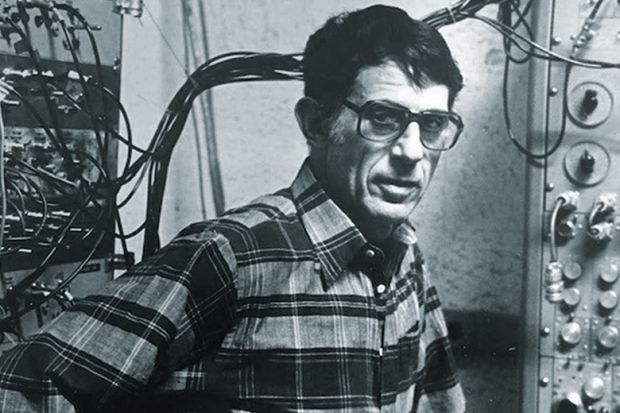A researcher who transformed our understanding of sleep has died.
Allan Rechtschaffen was born in New York City on 8 December 1927 and grew up on the Lower East Side and then in the Bronx. He obtained a first degree and a master’s from the City College of New York before going on to a PhD in psychology at Northwestern University in Illinois (1956). He then joined the University of Chicago for the rest of his career, initially as a clinician in the department of psychiatry, and eventually retired as professor emeritus of psychology, psychiatry and the college.
One of the major scientists already established at Chicago was Nathaniel Kleitman, widely known as the father of sleep research, who had recently discovered rapid eye movement (REM), speculated about its links with dreaming and set up the world’s first sleep laboratory.
Professor Rechtschaffen became fascinated by this work and tried to develop it himself but soon began to focus on the even more fundamental question of “why do we sleep?” Given its obvious disadvantages in evolutionary terms – we cannot hunt, eat or reproduce while we are asleep, but we are much more vulnerable to predators – sleep must clearly offer animals some crucial compensatory benefits.
Soon appointed director of Chicago’s Sleep Research Laboratory, Professor Rechtschaffen energetically investigated this crucial problem from many different angles. He examined the impact on rats and reptiles when their sleep was disrupted or they were deprived of it altogether. He gave a scientific description of narcolepsy, the first true sleep disorder. And, together with Anthony Kales of the University of California, Los Angeles, he developed the standard Rechtschaffen and Kales system for tracking the different stages of human sleep.
Even more significant was the landmark 1983 article Professor Rechtschaffen co-authored in Science explaining why sleep is essential for survival. This drew on experiments showing that rats entirely deprived of sleep, or even just deprived of REM sleep, suffered badly and then died, perhaps because sleep plays a central role in temperature regulation.
“Al had a single-mindedness about his work,” said Thomas Roth, director of the Sleep Disorders and Research Center at the Henry Ford Hospital in Detroit. “His whole career was devoted to understanding the function of sleep. He created the infrastructure and built the foundations that were necessary to create an environment where other people could expand the field into what it is today. If you ever needed to know anything about sleep, you just asked Al.”
Professor Rechtschaffen died on 29 November and is survived by his wife Karen, their three daughters and four grandchildren.




